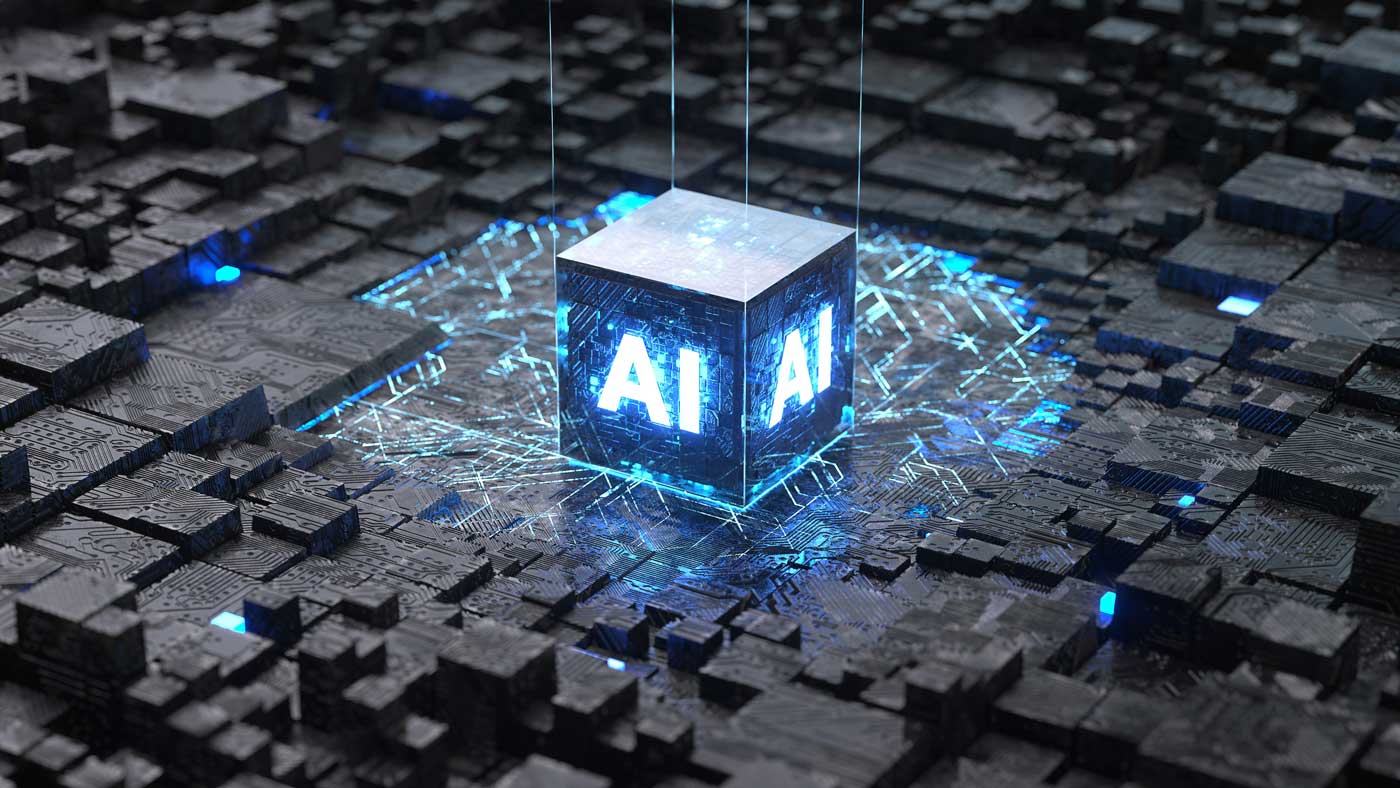Ever wondered what a 40% boost in productivity could do for your business? That’s not a hypothetical figure – it’s the real-world impact companies are seeing when they embrace artificial intelligence in their operations. From customer service chatbots that never sleep to supply chain systems that predict tomorrow’s demands today, AI is fundamentally reshaping how businesses operate.
Think of AI as your business’s secret weapon, working tirelessly behind the scenes to transform mountains of data into golden opportunities. It’s not just about automating tasks anymore; it’s about creating smarter, more responsive organizations that can adapt and thrive in our rapidly evolving business landscape.

How AI Revolutionizes Business Operations for Maximum Efficiency
Streamlining Customer Service
Today’s businesses are transforming their customer service operations through AI-powered solutions that deliver unprecedented efficiency. Smart ticketing systems now automatically categorize and route support tickets based on urgency and complexity, ensuring the most critical issues get immediate attention. These systems learn from each interaction, continuously improving their ability to match customer needs with the right support resources.
Want to know what makes modern customer service truly exceptional? AI assist platforms analyze thousands of past interactions to predict the best solutions for current issues. They’re like having a super-powered assistant that never forgets a single customer interaction and uses that knowledge to enhance future experiences.
Chatbots and virtual assistants now handle routine inquiries 24/7, providing instant responses to common questions. This isn’t just about speed – it’s about delivering consistent, accurate information exactly when customers need it. For example, major retailers using AI-powered chat systems report handling up to 70% of customer queries without human intervention, while maintaining satisfaction rates above 85%.
Optimizing Supply Chain Management
Smart supply chains are no longer just a buzzword – they’re a business necessity. AI algorithms crunch massive amounts of data to predict demand patterns with remarkable accuracy, helping businesses avoid costly inventory issues. These systems consider everything from historical sales data to weather patterns and social media trends to forecast what customers will want next.
Here’s where it gets really interesting: AI doesn’t just predict demand – it actively optimizes inventory levels in real-time. Imagine warehouse robots that know exactly where to store items based on predicted order patterns, or automated systems that adjust production schedules based on real-time market data.
Modern tracking systems powered by AI monitor shipments continuously, predicting potential delays and automatically suggesting alternative routes. This means fewer missed deliveries and happier customers. Plus, AI-driven warehouse operations can reduce picking errors by up to 90% while doubling processing speed.
Enhancing Data Analytics
The days of drowning in data are over. AI can transform marketing strategy through advanced analytics systems that process and analyze vast datasets in seconds, turning raw numbers into actionable insights. These tools don’t just spot trends – they predict them, helping businesses stay ahead of market changes.
Advanced visualization techniques make complex data digestible at a glance. Instead of spending hours creating reports, teams can now focus on strategic decisions based on AI-generated insights. The best part? These systems get smarter over time, continuously improving their accuracy and prediction capabilities.
Improving Decision-Making
AI is revolutionizing digital marketing and business decision-making by eliminating guesswork. By analyzing patterns across millions of data points, AI systems identify opportunities and risks that human analysts might miss. They’re not replacing human judgment – they’re enhancing it with data-backed insights.
These systems excel at removing human bias from decision-making processes. Whether it’s evaluating job candidates or assessing market opportunities, AI provides objective analysis based purely on data. The result? Faster, more accurate decisions that drive better business outcomes.
Process Automation
Think about those repetitive tasks eating up valuable time in your business. AI now handles these efficiently, from processing invoices to managing email campaigns. This isn’t just about saving time – it’s about reducing errors and freeing up human talent for more strategic work.
The real game-changer? AI systems work around the clock without fatigue. They process documents, monitor systems, and handle routine tasks 24/7, maintaining consistent quality throughout. Companies using AI-powered automation report productivity gains of up to 40% in routine operations.
Future Impacts on Business Efficiency
As AI technology continues to evolve, we’re seeing even more innovative applications emerge. Natural language processing is becoming more sophisticated, enabling more natural interactions between humans and machines. Meanwhile, predictive capabilities are becoming more accurate, helping businesses anticipate and adapt to market changes more effectively.
While some worry about AI replacing jobs, the reality is more nuanced. AI is creating new opportunities by handling routine tasks, allowing workers to focus on creative problem-solving and strategic thinking. The key to success lies in finding the right balance between human insight and AI capabilities.
Looking ahead, businesses that embrace AI while maintaining a focus on ethical implementation and data quality will lead their industries. The future of business efficiency isn’t just about automation – it’s about creating smarter, more responsive organizations that can adapt quickly to changing market conditions.
The Smart Path Forward
The AI revolution in business operations isn’t just a trend – it’s a fundamental shift in how successful companies operate. By embracing AI-powered solutions across customer service, supply chain management, data analytics, and decision-making processes, businesses aren’t just improving efficiency; they’re building the foundation for sustainable growth in an increasingly competitive marketplace.
The key to success lies in starting small, measuring results, and scaling what works. Whether you’re a startup or an established enterprise, the time to integrate AI into your operations is now. The companies that adapt fastest to this new paradigm won’t just survive – they’ll thrive in the AI-driven future of business.

